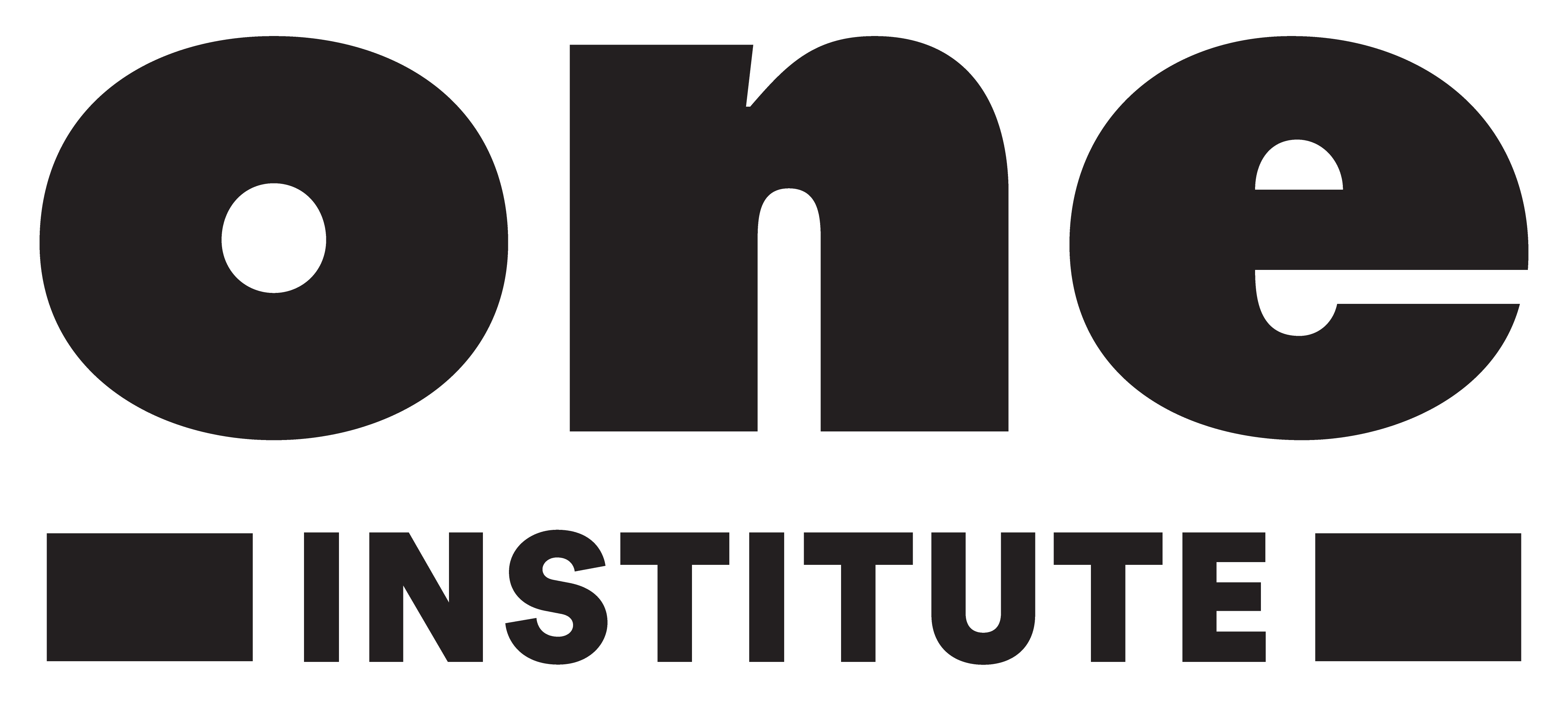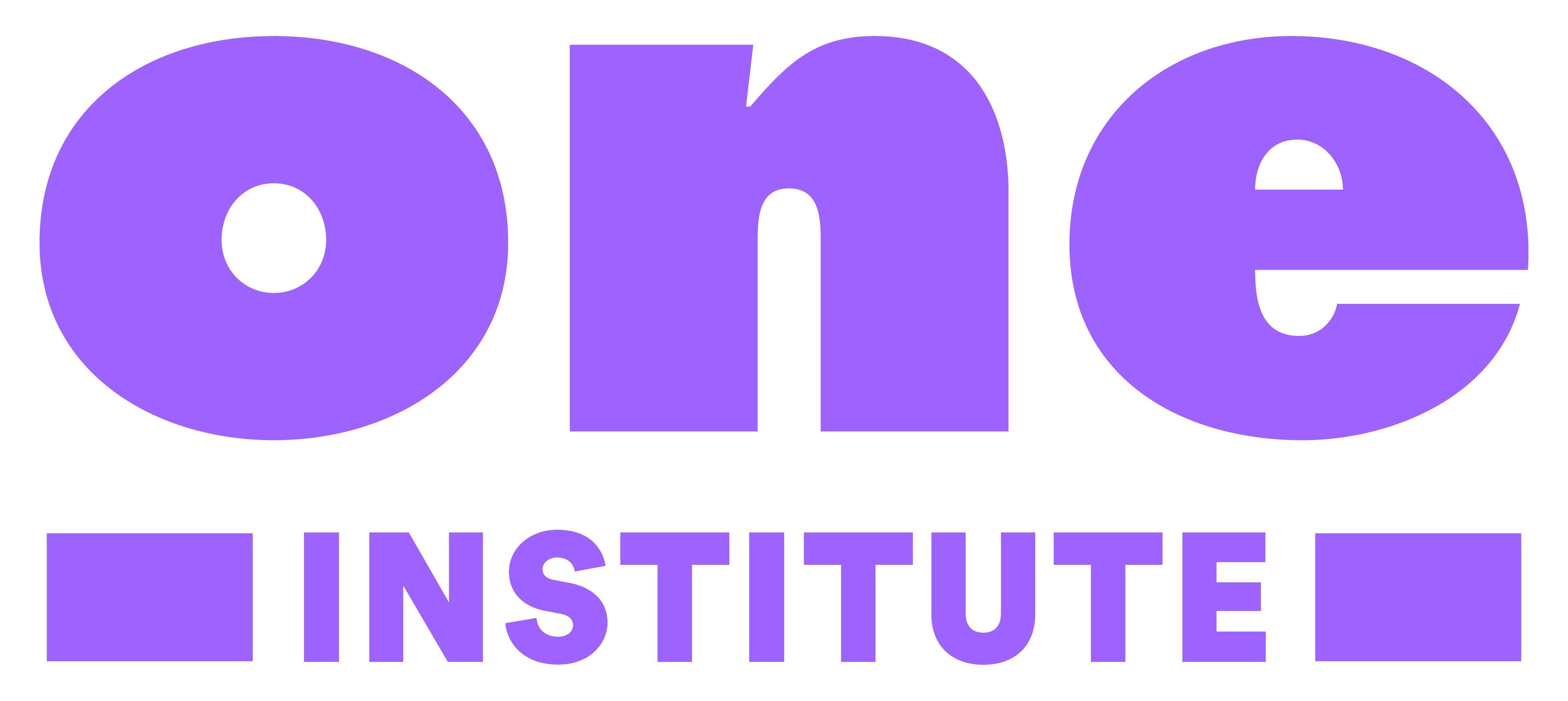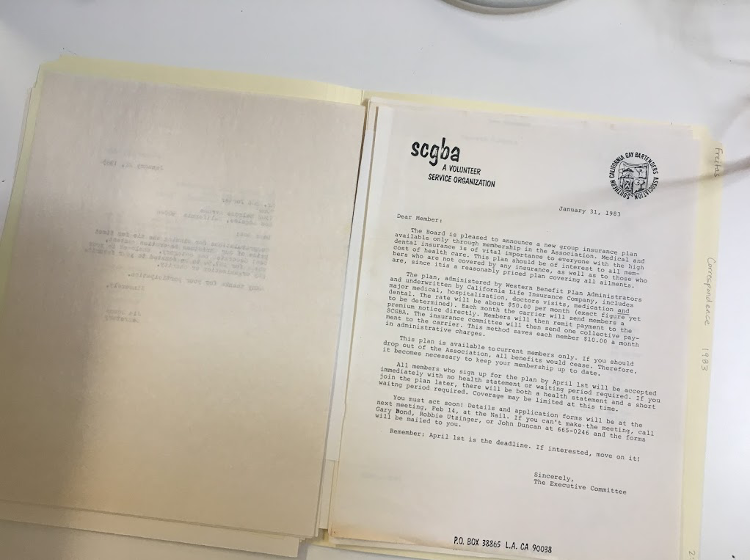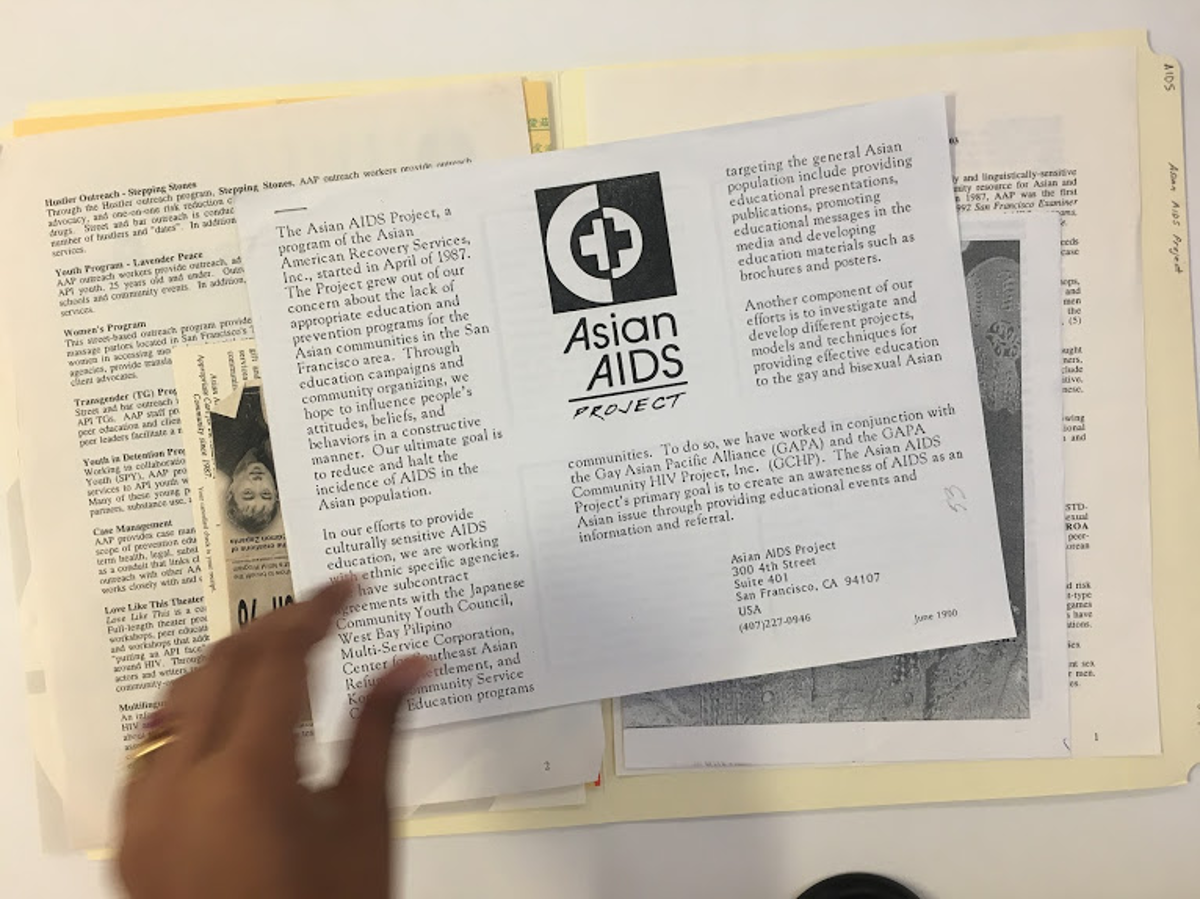The Borders of Care: Immigration, Welfare, and Intimacy in the Era of AIDS
This article is authored by Salonee Bhaman, from the 2019-20 cohort of the LGBTQ Research Fellowship program at the One Institute.
My dissertation explores questions surrounding the political economy and intimacies of care work during the first decades of the AIDS epidemic in the United States. Historians of AIDS have written thoughtfully and thoroughly about both the work of activists and communities in the face of AIDS as well as the intransigence of the United States government when confronting the largest public health emergency of the 20th century. In my work on the subject so far, I have attempted to place questions of public policy and social welfare in the deeply intimate context that real people often encounter them: matters of lease inheritance when a lover dies, qualifying for health insurance after losing work, fighting with insurance companies over complicated payments, and negotiating end-of-life-care long before expected. As an LGBTQ fellow at the ONE archive this summer, I was able to access a variety of personal papers and institutional records that revealed the extraordinary complexity of how individuals and state actors responded to the urgent needs presented by the AIDS epidemic.
I spent most of my time making my way through the AIDS History Collection, which is somewhat of a force to be reckoned with. It is a large, varied, and detailed collection that had recently been re-organized meticulously by subject. I’m still organizing and beginning to write about much of what I was able to see—the collection includes research studies, the meetings of task forces and public health agencies responding to AIDS, the papers of coalitions like the AIDS Project Los Angeles, writings and clippings from numerous activists and community members, debates around bathhouse closure and education measures, and a wide variety of community group outreach materials.
In addition to the AIDS History Collection, I was able to access the papers of several individuals who had dealt intimately with the affects of AIDS in their personal lives. As a researcher, I remain extremely grateful to the individuals who have donated hundreds of pages of personal papers, including long-standing battles for coverage with Medicaid and disability offices, correspondence with attorneys over the settlement of estates, and their own letters with their loved ones detailing the high toll of policies that required People with AIDS “spend down” their own money before qualifying for government health insurance coverage.
Taken together, these smaller collections and the larger AIDS History collection told a story about responses to AIDS that were both regionally specific, and far more wide-ranging than I had initially anticipated. In the AIDS History Project, I found fliers from a Gay Asian Pacific Islander group detailing solidarity and outreach work gay Asian men conducted to massage parlor workers and sex workers in their communities around safe sex and detailed training that bath house workers in Los Angeles conducted to educate each other and keep their communities safe while keeping bathhouses open. In the Stan Freitas papers, I found the inspiring work that the Southern California Gay Bartender’s Association did to provide its members with vitally needed health insurance and community support. And in several different personal collections, I found carefully detailed funeral arrangements, wills, health directives, stories of lovers and siblings, irreverent correspondence about friendship and solidarity, and diary entries grappling with the enormity of this historical moment. I must admit, that I cried more than once in this archive while learning about these losses, loves, and the depth of feeling that is so often forgotten when we as scholars just think about policy instead of its lived consequences. My time at the ONE archive really changed the way that I understand “care work” and everything that it encompasses. I am so deeply grateful for my time there.
Image Credits
Image 1, 2: Stan Freitas/ SCGBA Collection, ONE Archives at the USC Libraries
Image 3: AIDS History Project Collection, ONE Archives at the USC Libraries
Salonee Bhaman is a PhD Candidate in the Department of History and program in Women, Gender, and Sexuality Studies at Yale University. Her research interrogates the politics of work, social welfare, and migration during the first decades of the AIDS epidemic in the United States. Her dissertation, entitled “The Borders of Care: Immigration, Welfare, and Intimacy in the Era of AIDS,” explores struggles for social provision and the politics of care work during this period of time.
At Yale, she is a member of the Working Group on Globalization and Culture, the Carceral Studies Working Group, and Women and Gender Studies Working Group and Colloquium. Away from Yale, she leads historical walking tours of New York City and a member of the NYC Asian American Feminist Collective leadership committee.





